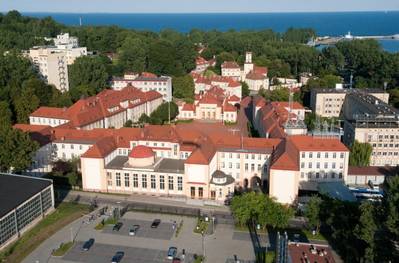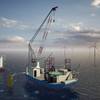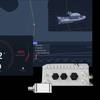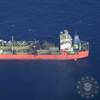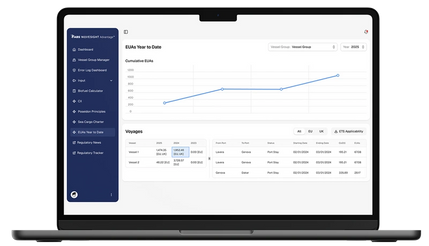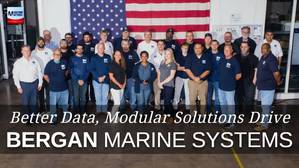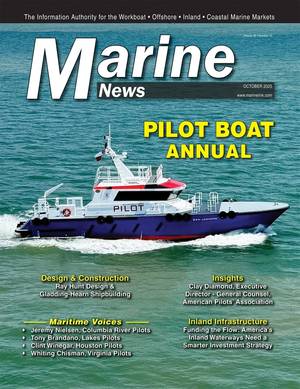Workshop to Examine Baltic Sea's Operational and Geopolitical Challenges
Experts to convene in Poland to examine operational and geopolitical challenges in Baltic Sea at Littoral OpTech Workshop
The Polish Naval Academy in Gdynia, Poland will host the 2024 Littoral OpTech workshop to explore the current trends regarding the operational, economic and geo-political environment in and around the Baltic Sea.
The Polish Naval Academy was established in 1922, and has been in continuous operation since then, although it has had several different names over the years.
The Littoral OpTech workshops have been held around the world to study and discuss key maritime littoral operating areas. Workshops in Stockholm, Sweden and Helsinki, Finland, have focused on the Baltic Sea. The workshop in Tokyo, Japan looked at the South China Sea; the event held in Cartagena, Colombia, examined the Caribbean; the Halifax, Canada, workshop, looked at the Arctic; and the conference at Souda Bay, Crete, Greece, emphasized the challenges in the Eastern mediterranean.
The event’s moderator, retired Swedish Navy Capt. Bo Wallander, said that Littoral OpTech workshops are typically two-day, invitation-only conferences that bring together key partners with advanced technical, policy and operational expertise to explore and identify technologies and concepts that will enable effective operations in the littoral.
The littoral are the areas where land and sea converge, and where most people live and global commerce travels. The proximity to islands and shores means a broad spectrum of threats in all domains. Wallander referred to the littorals as “a very complex environment with limited space, and where it is easy to hide and difficult to detect targets. This means very short reaction times. The littorals are also characterized as having a great number of non-military actors like merchant ships, fishing and pleasure boats.”
He further characterized the Baltic Sea as an “extreme littoral” environment because other the number of nations with maritime borders on the Baltic Sea; the varied and extreme currents, different types of bottoms and coastlines, numerous islands, shifts in temperatures and salinity, and atmospheric conditions which impact sensors; and the significant amount of shipping traffic.
“This area of the world continues to be of great geopolitical, economic and military importance,” Wallander said. “The Baltic Sea is both a very sensitive environment and an important transport link for the Russian Federation. Since the last OpTech event two years ago in Finland, in the war Ukraine has raged on, and both Finland and Sweden have become full-fledged members of NATO.”




